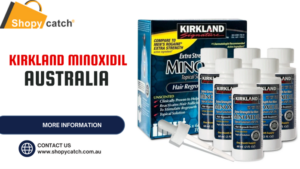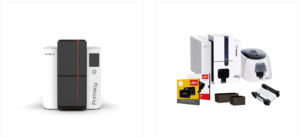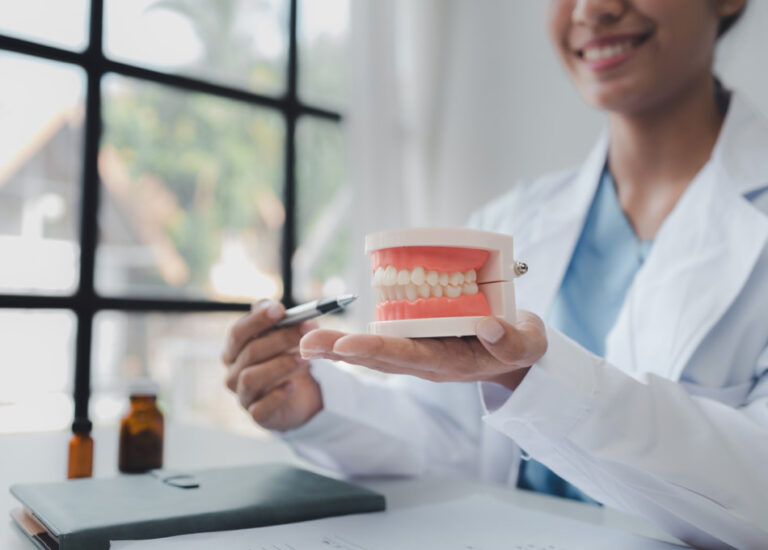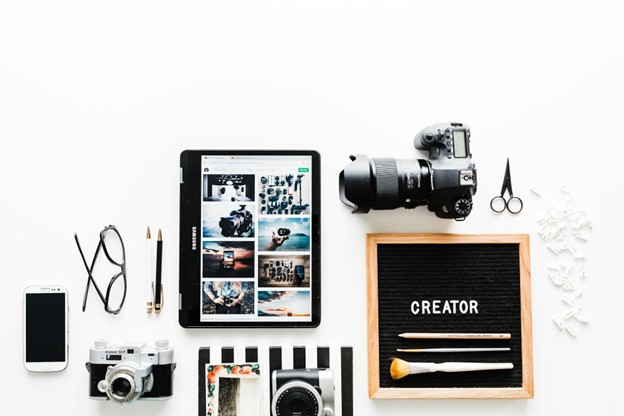Anxiety disorders are among the most common mental health issues, affecting millions of people worldwide. They can manifest in various forms, such as generalized anxiety disorder (GAD), panic disorder, social anxiety disorder, and specific phobias. Fortunately, a wide range of anxiety treatments are available that can significantly improve the quality of life for those affected. This article explores various therapy options and strategies for effective anxiety treatment.
Understanding anxiety disorders
Before diving into treatment options, it’s crucial to understand what anxiety disorders entail. Anxiety disorders are characterized by excessive and persistent worry and fear about everyday situations. Symptoms can include a rapid heartbeat, sweating, trembling, feelings of impending doom, and avoidance behaviors.
Cognitive-behavioral therapy (CBT)
What is a CBT?
Cognitive-behavioral therapy (CBT) is a widely recognized and effective treatment for anxiety disorders. The foundation of CBT lies in the idea that anxiety stems from negative thought patterns, which therapeutic interventions can alter.
How CBT works
CBT involves identifying and challenging negative thoughts and beliefs and replacing them with more realistic and positive ones. This therapy also includes behavioral components, such as exposure therapy, where patients gradually face their fears in a controlled and safe environment.
Benefits of CBT
-
Effectiveness: Numerous studies have shown that CBT is highly effective for various anxiety disorders.
-
Skill Development: Patients acquire useful, long-term anxiety management skills.
-
Structured Approach: CBT is a structured, short-term therapy that typically lasts between 12 and 20 sessions.
Medication
Types of Medications
Medications can be an effective component of anxiety treatment, especially in severe cases. The most commonly prescribed medications include:
-
Selective Serotonin Reuptake Inhibitors (SSRIs): These are often the first line of treatment for anxiety disorders.
-
Benzodiazepines: These provide quick relief for acute anxiety symptoms but are generally used for short periods due to the risk of dependence.
-
Beta-blockers: These help manage physical symptoms of anxiety, such as rapid heartbeat and trembling.
-
Tricyclic Antidepressants (TCAs) and Monoamine Oxidase Inhibitors (MAOIs): These are older classes of antidepressants that can be effective but may have more side effects.
Considerations for Medication
-
Consultation with a Healthcare Provider: It’s essential to discuss potential benefits and side effects with a healthcare provider.
-
Combination with Therapy: Medications are often most effective when combined with therapies like CBT.
-
Monitoring and adjustments: Regular follow-ups are required to monitor effectiveness and adjust dosages as needed.
Mindfulness and meditation
The role of mindfulness
Mindfulness involves paying attention to the present moment without judgment. It’s a powerful tool for managing anxiety, as it helps individuals become more aware of their thoughts and feelings and respond to them more calmly.
Mindfulness-Based Stress Reduction (MBSR)
MBSR is an evidence-based program that combines mindfulness meditation and yoga. Studies have demonstrated its ability to alleviate anxiety symptoms and enhance overall well-being.
Benefits of Mindfulness and Meditation
-
Symptom Reduction: Regular practice can significantly reduce anxiety symptoms.
-
Increased Self-Awareness: Mindfulness helps individuals understand their anxiety triggers and reactions.
-
Improved Emotional Regulation: It enhances the ability to manage emotions more effectively.
Lifestyle changes and self-help strategies
Exercise
Regular physical activity is a natural anxiety treatment. Exercise releases endorphins, which are natural mood lifters, and can reduce stress.
Nutrition
A balanced diet can have a positive impact on anxiety. Avoiding caffeine and sugar, which can exacerbate anxiety symptoms, and incorporating foods rich in omega-3 fatty acids, magnesium, and B vitamins can be beneficial.
Sleep
Good sleep hygiene is crucial for managing anxiety. Establishing a regular sleep routine and creating a restful environment can help improve sleep quality and reduce anxiety.
Support Systems
Having a strong support network of friends, family, or support groups can provide emotional support and reduce feelings of isolation.
Alternative Therapies
Acupuncture
Acupuncture, an ancient Chinese practice, involves inserting thin needles into specific points on the body. Some studies suggest it can help reduce anxiety symptoms by balancing the body’s energy flow.
Herbal Remedies
Traditional medicine has used herbs like valerian root, kava, and passionflower to treat anxiety. However, it’s essential to consult with a healthcare provider before using herbal remedies due to potential side effects and interactions with other medications.
Aromatherapy
In aromatherapy, essential oils like lavender and chamomile can promote relaxation and reduce anxiety. You can use these essential oils in diffusers, bath products, or as massage oils.
Conclusion
Effective anxiety treatment requires a comprehensive approach that often includes a combination of therapies. Cognitive-behavioral therapy (CBT), medication, mindfulness practices, lifestyle changes, and alternative therapies all offer valuable tools for managing and reducing anxiety symptoms. Individuals need to work with healthcare professionals to develop a personalized treatment plan that addresses their unique needs and circumstances. By exploring and integrating these diverse strategies, individuals can achieve better mental health and an improved quality of life.




















